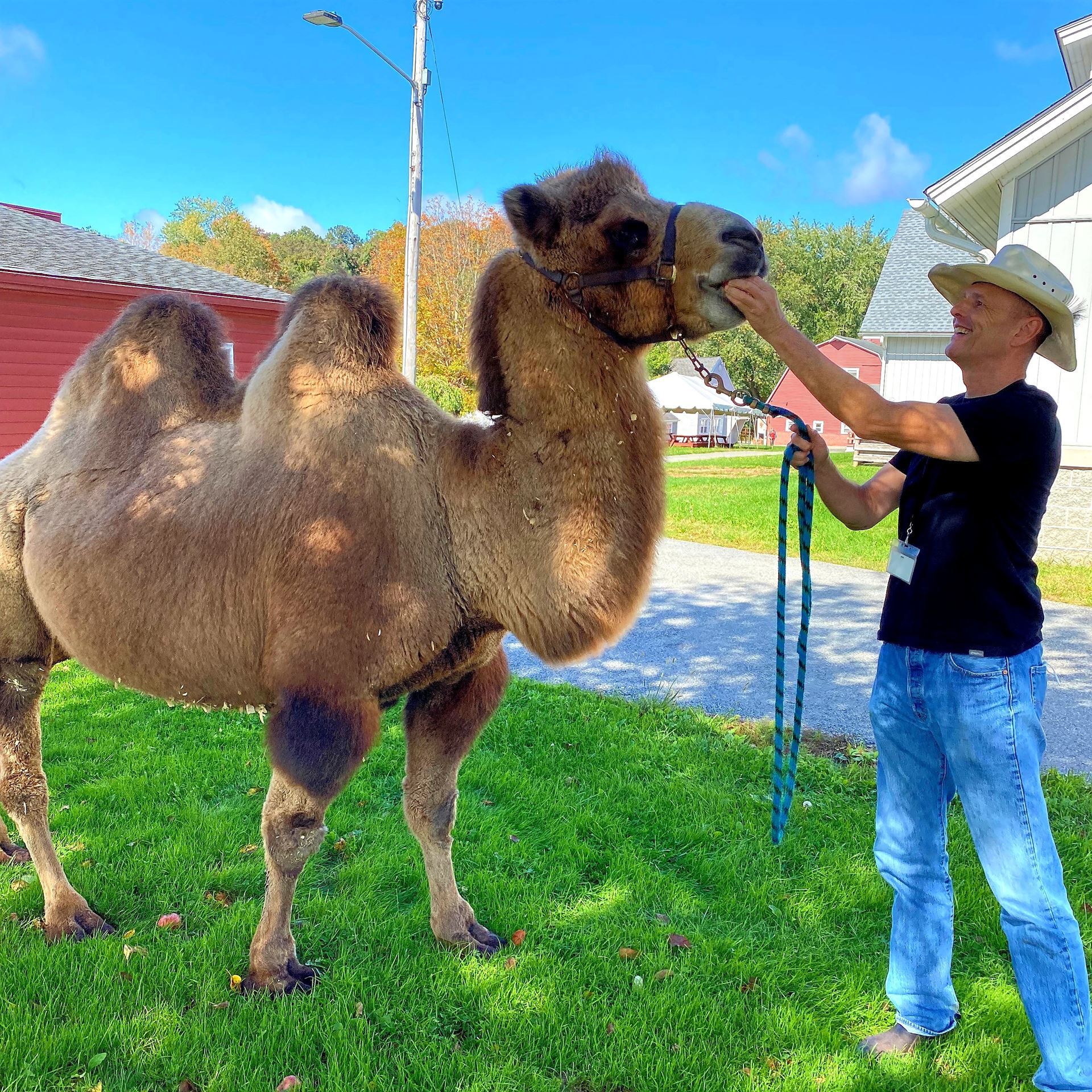|
Conference Schedule & Presentations: Tuesday, April 26th: 12:00-4:00 P.M. EST Welcome/ Introduction April 26th, 12:00-12:15 P.M. EST Keynote Speaker Courageous Conversations: The Duty of an Educator
The work we do is difficult. We are often asked to be counselors, nurses, social workers for our students, but also fundraisers, marketing strategists, and event planners at our organizations. Let’s keep it real; most Humane Educators are unprepared for the challenges our urban communities face. This introspective discussion is not for the faint of heart – it’s for the educators who strive to create brave spaces for the marginalized populations we serve by having courageous conversations everyday. Through analysis of the three “I’s” of oppression, we will discuss tangible tools and tactics to become culturally competent educators. Warning: there will be controversy. We will travel beyond the buzzwords of DEI (Diversity, Equity, and Inclusion), explore the original CRT (culturally responsive teaching), and discover an interactive workshop to build better boundaries to find our best balance. This is teaching for the future: learning to grow wherever you're planted.
April 26th, 12:20-1:10 P.M. EST Justin Kurup, James Logan High School Trauma-Informed Teaching: Effects of Trauma on the Developing Child and Strategies for Educational Professionals
Trauma is unfortunately very common, impacting upwards of 2/3rds of all children and is understood as a threat to someone’s felt safety or basic needs. Trauma can be single incident or complex (multiple incidences and varied), the latter typically having a more detrimental and long-lasting impact with both emotional and medical illness increasing. It impacts the growing brain and can resurface in a variety of situations and prove an obstacle for the child’s learning even in benign environments. Children with trauma can react and show up in many different ways, either internalizing their pain and fear and shutting down or externalizing their pain and fear by acting out. As educators, you inevitably encounter many children with a history or current experience of trauma. Although it is not your responsibility to assess or determine if there is trauma or what exactly is going on for the student, you have the unique role and ability to intervene for these children either directly with them in the classroom or indirectly (advocating at an administrative level, informing parents or therapeutic professionals, etc.). By being trauma-informed and prepared with several steps or guidelines, you can feel more confident in intervening and having an even greater positive impact on a child’s trajectory, recovery and ultimately their learning. April 26th, 1:15 P.M.- 2:00 P.M. Dr. Tess Collett, Clinical Psychologist Exploring Our Relationships to Animals in Classrooms and School Communities
Students start to learn about animals at an early age, and continue that learning through middle and high school. But what messages are we conveying through our curriculum and school practices? In this session we will explore society’s often troubled and exploitative relationships with animals, which are frequently perpetuated in our school communities. Using a humane education approach that includes animal protection, human rights, and environmental preservation, we will look at solutions such as digital alternatives to dissection, field trips to animal sanctuaries, and curriculum resources for K-12 educators. A special emphasis will be placed on equity and inclusion for students and staff from all backgrounds. April 26th, 2:05 P.M. - 2:50 P.M. EST Mike Farley, University of Toronto Schools Nandita Bajaj, Population Balance Inclusive Kindness in Humane Education
What does it mean to be inclusive? How can humane educators authentically connect with students of all abilities and families from different backgrounds? In this presentation we will learn how to take a critical look at our humane education curriculum and think of ways we can ask questions differently to include underrepresented parts of our own communities. RedRover has just begun our DEI work and we come from a humble place of learning. We are sharing what we have learned during our ongoing journey in hopes it can spark inspiration and ideas on how others can look into making their programs more inclusive. April 26th, 3:00 P.M. - 3:45 P.M. EST Tara Lenehan, RedRover Minhhan Lam, RedRover Wednesday, April 27th: 12:00-4:30 P.M. EST The Future is Now: The Need for Adult Humane Education
Most of the literature on humane education focuses on teaching children; however, the issues that comprehensive humane education addresses urgently require solutions. Humans, other animals, and the natural world are suffering at this very moment and cannot wait for future generations to help them. We must take action to decrease suffering and create a more humane world for all. As humane educators, we recognize the role of both individual and collective trauma on ourselves and our learners. This presentation will describe the need for adult humane education and make a case for using a trauma-informed lens. Finally, we’ll discuss strategies for implementing trauma-informed adult humane education in our communities and beyond. April 27th, 12:00 P.M. - 12:50 P.M. EST Emily Tronetti, Antioch University Macy Sutton, Antioch University Weaving DEI into Humane Education
Indraloka Animal Sanctuary’s Hopeful Heroes Initiative provides academic and emotional support to at-risk youth from diverse backgrounds. In this multimedia presentation, participants will learn how the sanctuary’s educational opportunities weave diversity, equity, and inclusion into a broad array of conversations and activities. April 27, 12:55 P.M. - 1:40 P.M. EST Indra Lahiri, Indraloka Animal Sanctuary Back to the Bare Necessities: Evaluating & Evolving Your Education Department’s Mission For The Changing World
When thinking about teaching for the future, what we teach, who we teach, and how to inspire are all questions we tackle every day. However, sometimes we can find answers to those daunting questions when we go back to the basics! By evaluating your education department’s core values (i.e. mission statement or guiding principles), it can help shape how you can more effectively inspire more of the animal advocates and conservation stewards of tomorrow! April 27, 1:45 P.M. - 2:30 P.M. EST Katie Campbell, Humane Animal Rescue of Pittsburgh Sandi Comunale, Humane Animal Rescue of Pittsburgh Companion Animals and Climate Change: Identifying Links and Opportunities for our Field
Companion animals both impact and are impacted by the changing climate through their intrinsically linked relationships to human society. I will identify several anticipated climate change outcomes, such as an increase in extreme weather events, human migration, disasters, and an increase in human inequity, and connect these outcomes to identified or hypothesized impacts on companion animals and the human-animal bond. I will further suggest opportunities to reduce climate change impacts on companion animals that include alterations to owner caretaking behaviours and breeding practices, and education of owners and governments on zoonosis and disaster preparedness. Furthermore, building climate resilience through decreasing inequity in companion animal fields is paramount; and a good starting place is in animal sheltering. I will also summarize how companion animals and owners' caretaking behaviours are impacting climate change through the use of finite natural resources as well as pollution and carbon emissions. Replacement, reduction, and refinement, that guide laboratory animal research, can also be useful to mitigate the effects of companion animals on the environment. After the talk, the audience will be called upon to actively consider their role in mitigating the impact of companion animals on the climate and preparing for the fallout of climate change in their communities. April 27th, 2:35 P.M. - 3:20 P.M. EST Dr. Alexandra Protopopova, The University of British Columbia
Virtual Mixer
Join your APHE Board Members for this Virtual Mixer to unwind and socialize. Hosted over a Zoom link, this mixer will be a casual space to meet other members, reconnect with old friends, and build lasting connections with fellow humane educators. There will be games, door prizes, and breakout rooms designed to engage attendees. Don’t miss this opportunity to restore and reset with your vibe hive in this virtual happy hour! April 27th, 3:30 P.M. - 4:30 P.M. EST Hosted by APHE Board Members via zoom link Thursday, April 28th: 12:00-4:00 P.M. EST Identifying the Best Ways to Educate Children About Animal Welfare: The Key Challenges and A Toolkit to Support the Development and Evaluation of Interventions
This presentation focuses on the findings from a Delphi study of animal welfare educators undertaken in 2020 and the subsequent development of a toolkit to support practitioners. It highlights where there is consensus and discord among professionals working in the field with respect to the priorities and best ways of intervening to educate children about animal welfare. Key challenges facing professionals are identified, and conference participants encouraged to reflect on and share their own thoughts and experiences. An overview is given of the 'Animal Welfare Education for Children Toolkit', which was developed in direct response to the study findings. It provides a framework and guide to planning, evaluating and adapting interventions for children and young people to ensure optimum effectiveness. April 28th, 12:05 P.M. - 12:50 P.M. EST Dr. Janine Muldoon, University of Edinburgh Professor Jo Williams, University of Edinburgh
Join us for a giveaway session and membership highlights of the year. April 28th, 12:50 P.M. - 1:20 P.M. EST APHE Board of Directors Humane Education: Experiential Learning and Inclusivity Inclusivity is a popular buzzword today, but what does it look like in practice when teaching humane education. Especially when addressing animal welfare and how to teach humane education, when the main focus is on the animals. The messaging within humane education is to create and give children the tools such as critical thinking that allow them to learn empathy, compassion, and how to care for animals, the environment, and their fellow humans. As children learn about caring for all beings, are there any children’s voices that are absent in the method of teaching humane education? We will examine how to create programs that are inclusive to children with exceptionalities, as well as observe the programming in action. April 28th, 1:30 P.M. - 2:15 P.M. EST Laura Fanthome, Ontario SPCA and Humane Society Engaging Teen Leaders in Your Community
April 28th, 2:20 P.M. - 3:05 P.M. EST Bailey Gilbert, PAWS Caring to Learn, While Learning to Care
Green Chimneys, a school for children founded in 1947 in Brewster, NY, USA was conceived to bring students and animals together for the benefit of both. To this day the program implements animal-assisted and nature-based education, therapy and recreation. Green Chimneys today serves hundreds of children and maintains 300 animals of diverse species. While the primary service of Green Chimneys is to serve as a psychiatric treatment setting and special education school for children who have failed socially and emotionally in public school, it also is part animal sanctuary, wildlife rehabilitation/ therapeutic riding center and maintains a shelter dog socialization program. Find out about this unique program, its evolution and how ensuring animal well-being is an overarching goal at this not-for-profit organization. Join Michael Kaufmann, Director of the Farm and the Sam and Myra Ross Institute at Green Chimneys and discover how “experiential humane education” is a building block of this program. April 28th, 3:10 P.M. - 4:00 P.M. EST Michael Kaufmann, Green Chimneys | 2022 Virtual Conference: Teaching for the Future April 26th-28th, 2022 |
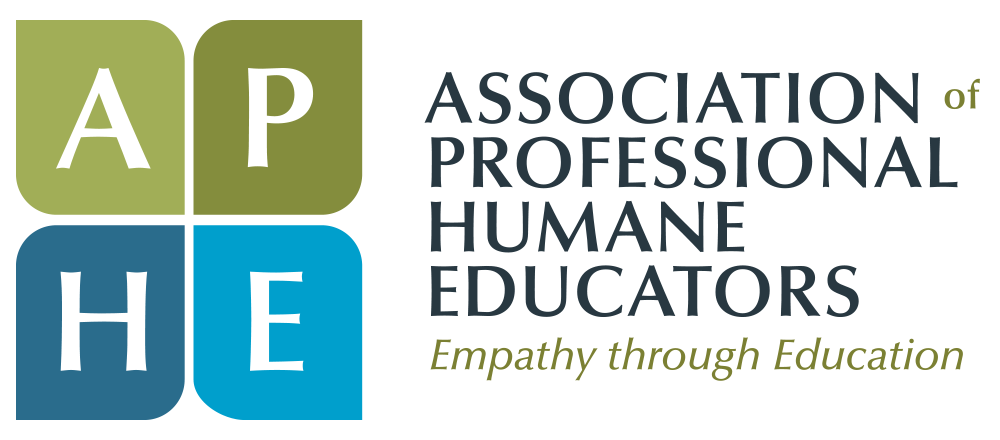
.png)




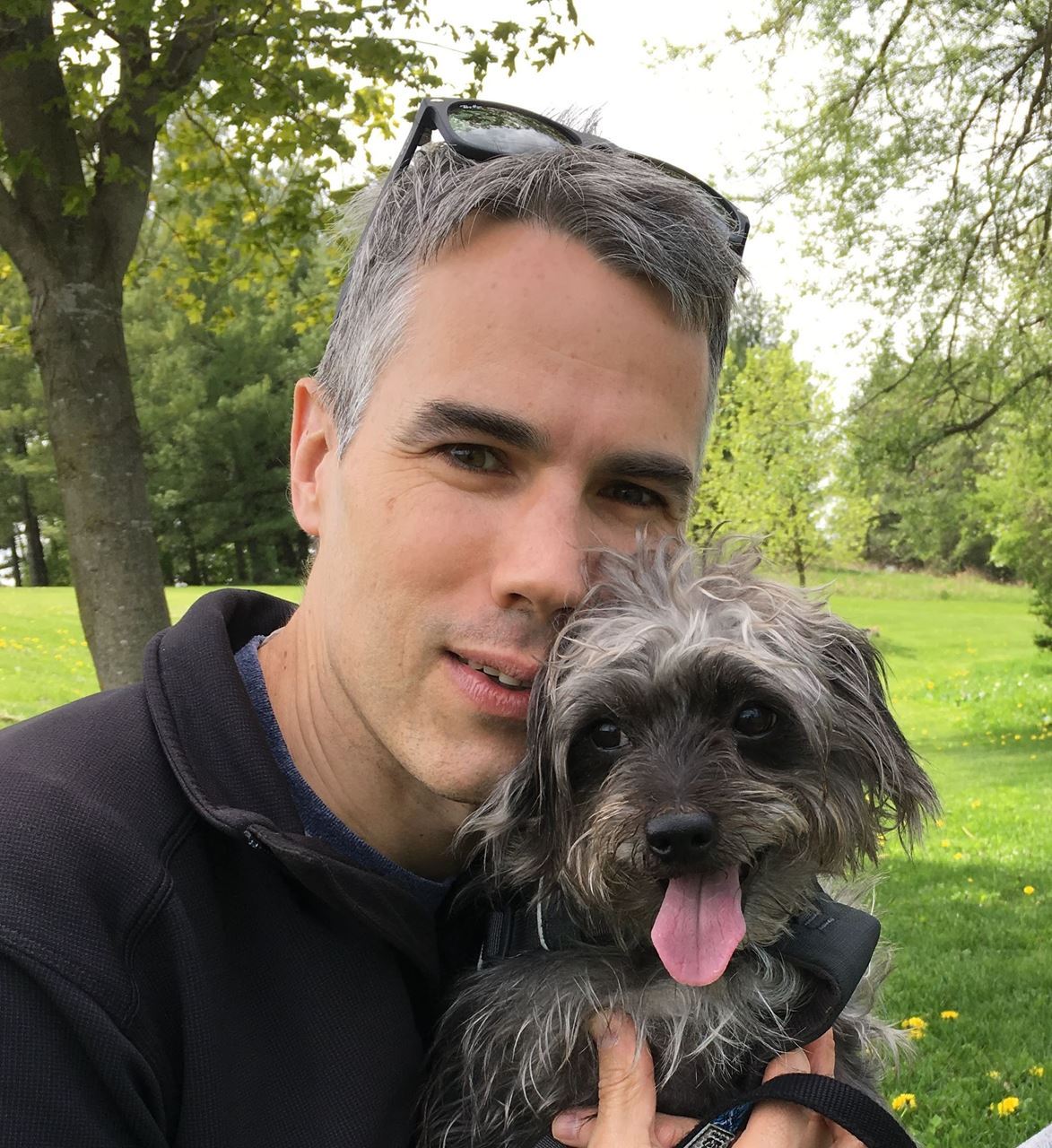


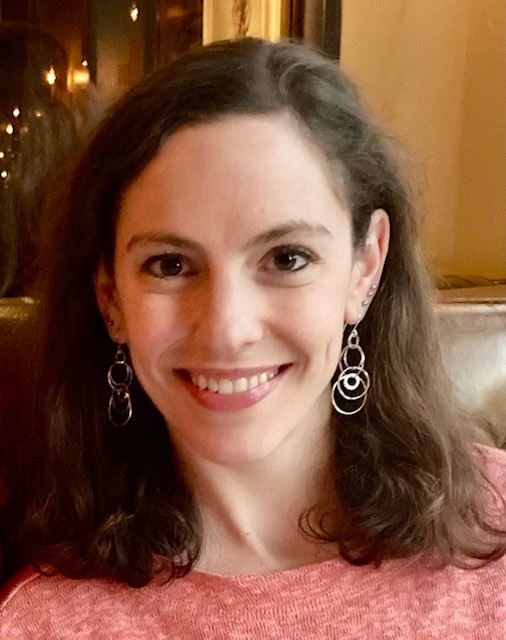

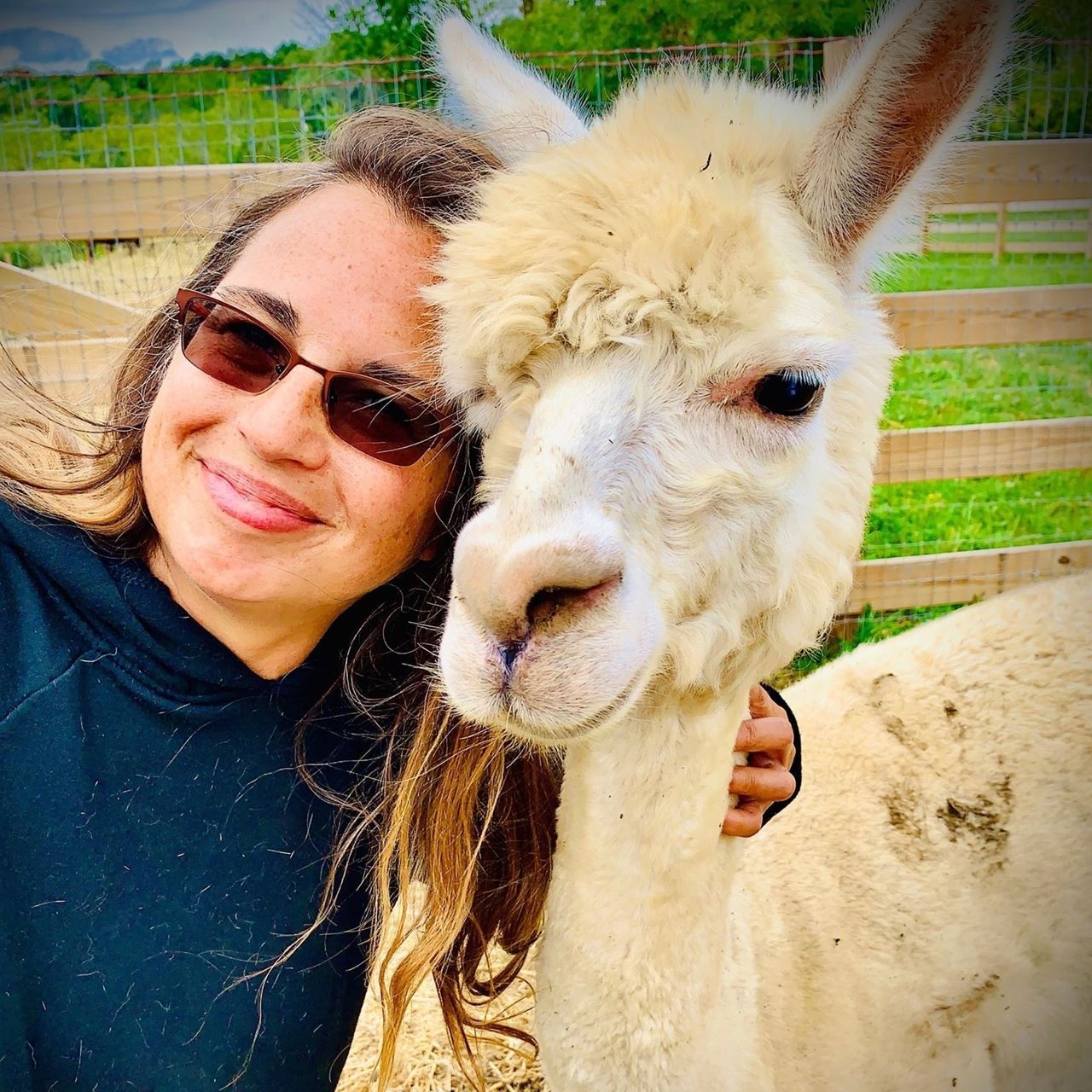
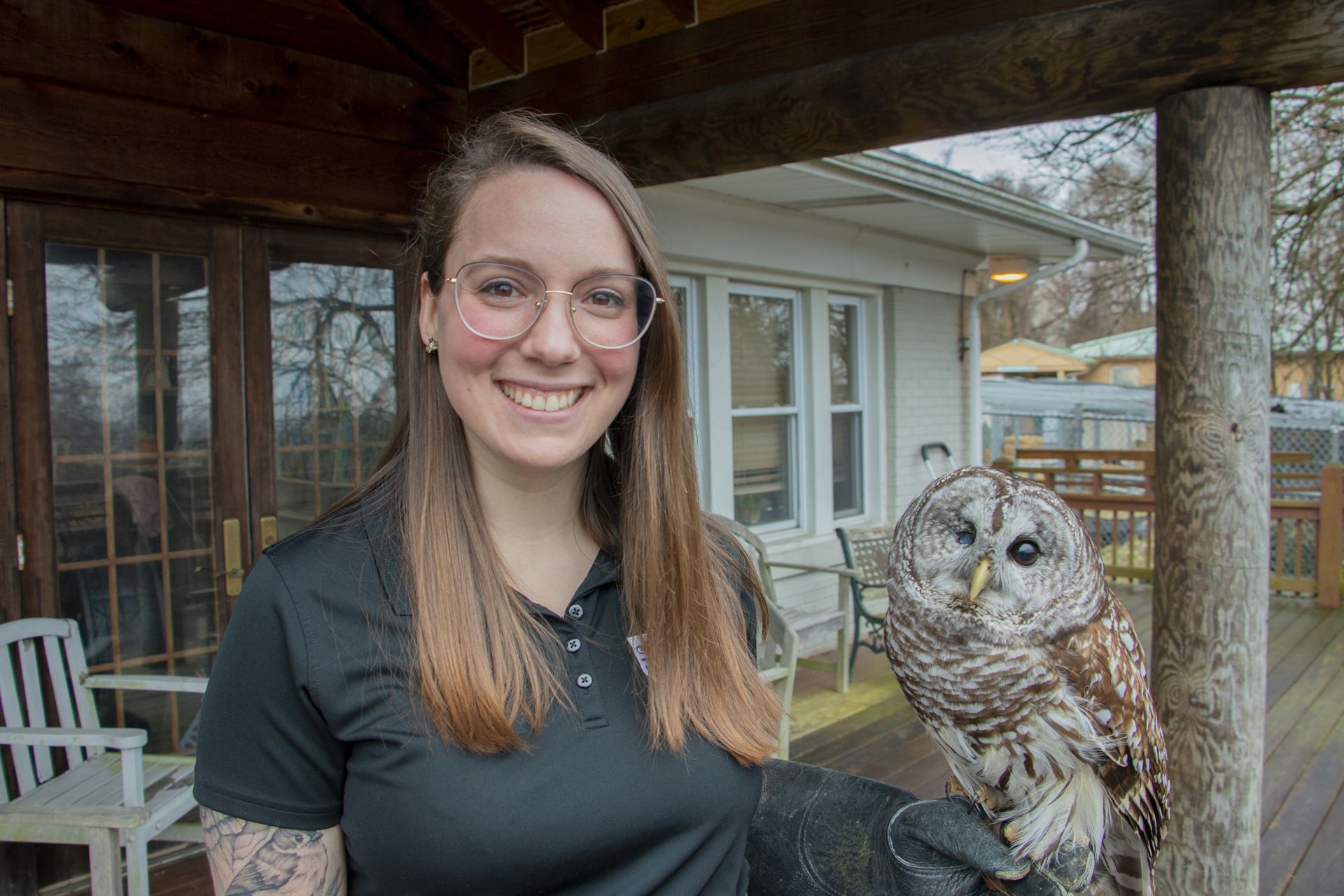

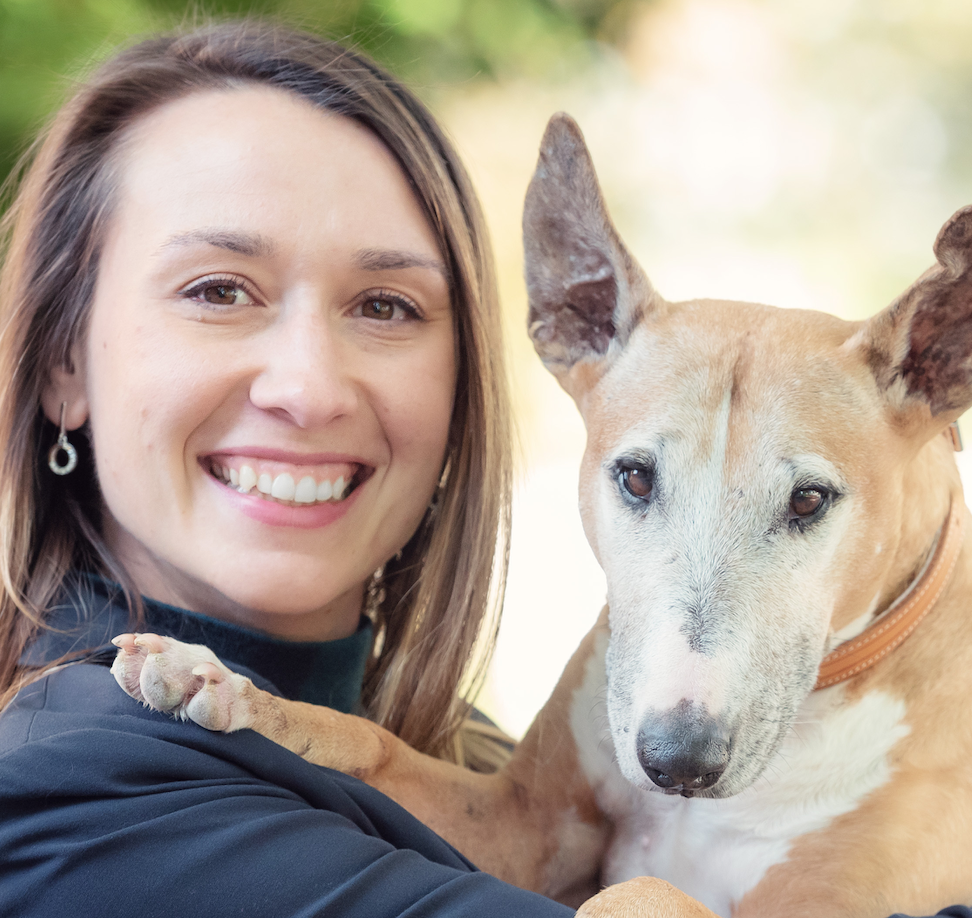


.png) Giveaway & Membership Meeting
Giveaway & Membership Meeting
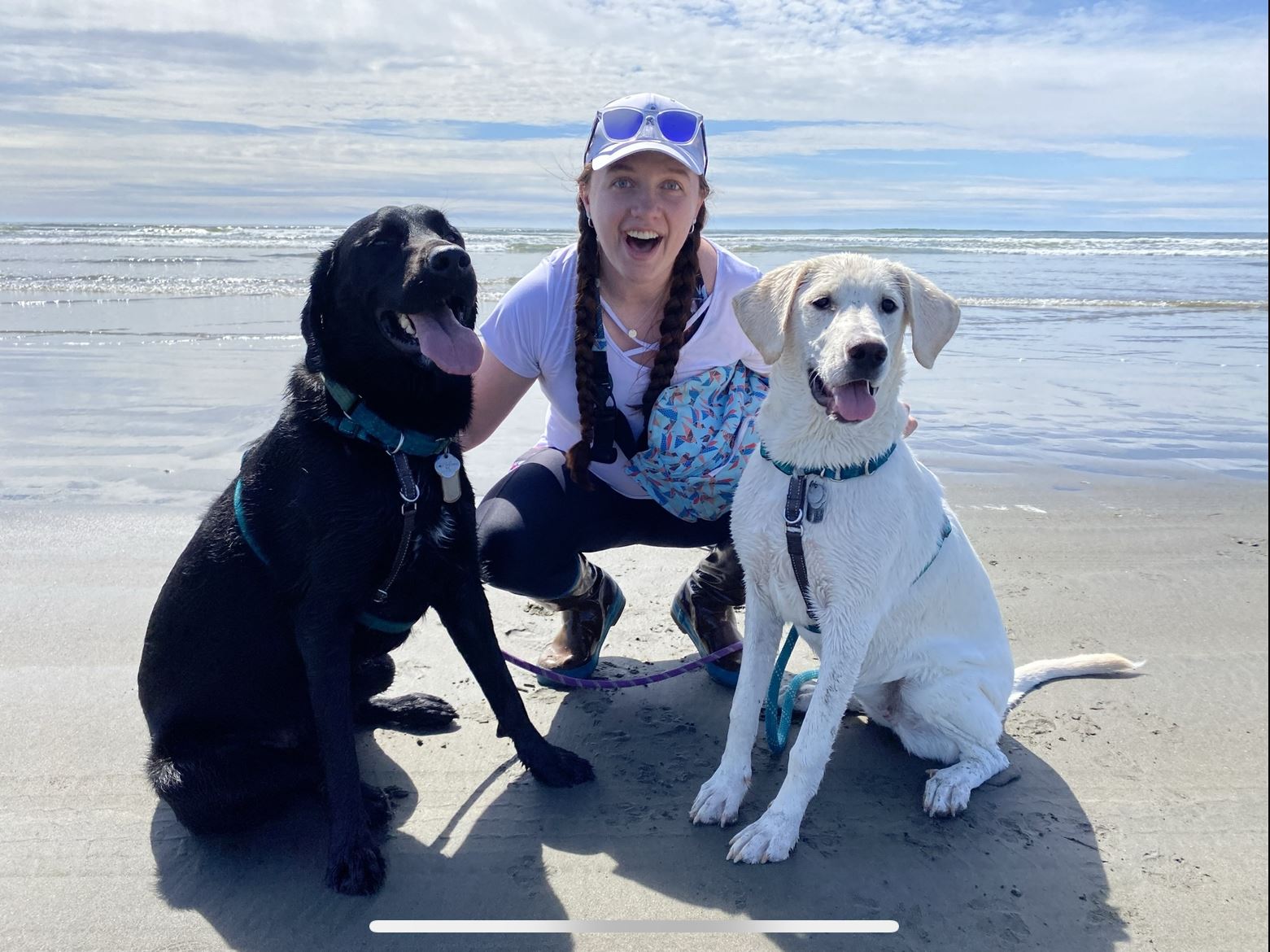 Engaging teens in our communities is the next step to creating the next generation of environmental advocates, animal shelter employees, volunteers, wildlife donors, and more. Through a multi-visit teen club, PAWS created a space for multiple high schools to be represented in a mission-driven, service-learning club. These teens investigated and developed solutions to issues facing companion animals and wildlife. These issues were presented by staff of PAWS while members also explored a vast breadth of animal related careers. This club allowed PAWS to promote a greater understanding and appreciation for the biodiversity of our community. Overall, the PAWS Teen Club allowed for developing public speaking and leadership skills, as well as a service-focused mindset in a supportive environment. Programs like the PAWS Teen Club allow your organization to inspire future leaders and bring Humane Education programming beyond the shelter.
Engaging teens in our communities is the next step to creating the next generation of environmental advocates, animal shelter employees, volunteers, wildlife donors, and more. Through a multi-visit teen club, PAWS created a space for multiple high schools to be represented in a mission-driven, service-learning club. These teens investigated and developed solutions to issues facing companion animals and wildlife. These issues were presented by staff of PAWS while members also explored a vast breadth of animal related careers. This club allowed PAWS to promote a greater understanding and appreciation for the biodiversity of our community. Overall, the PAWS Teen Club allowed for developing public speaking and leadership skills, as well as a service-focused mindset in a supportive environment. Programs like the PAWS Teen Club allow your organization to inspire future leaders and bring Humane Education programming beyond the shelter. 